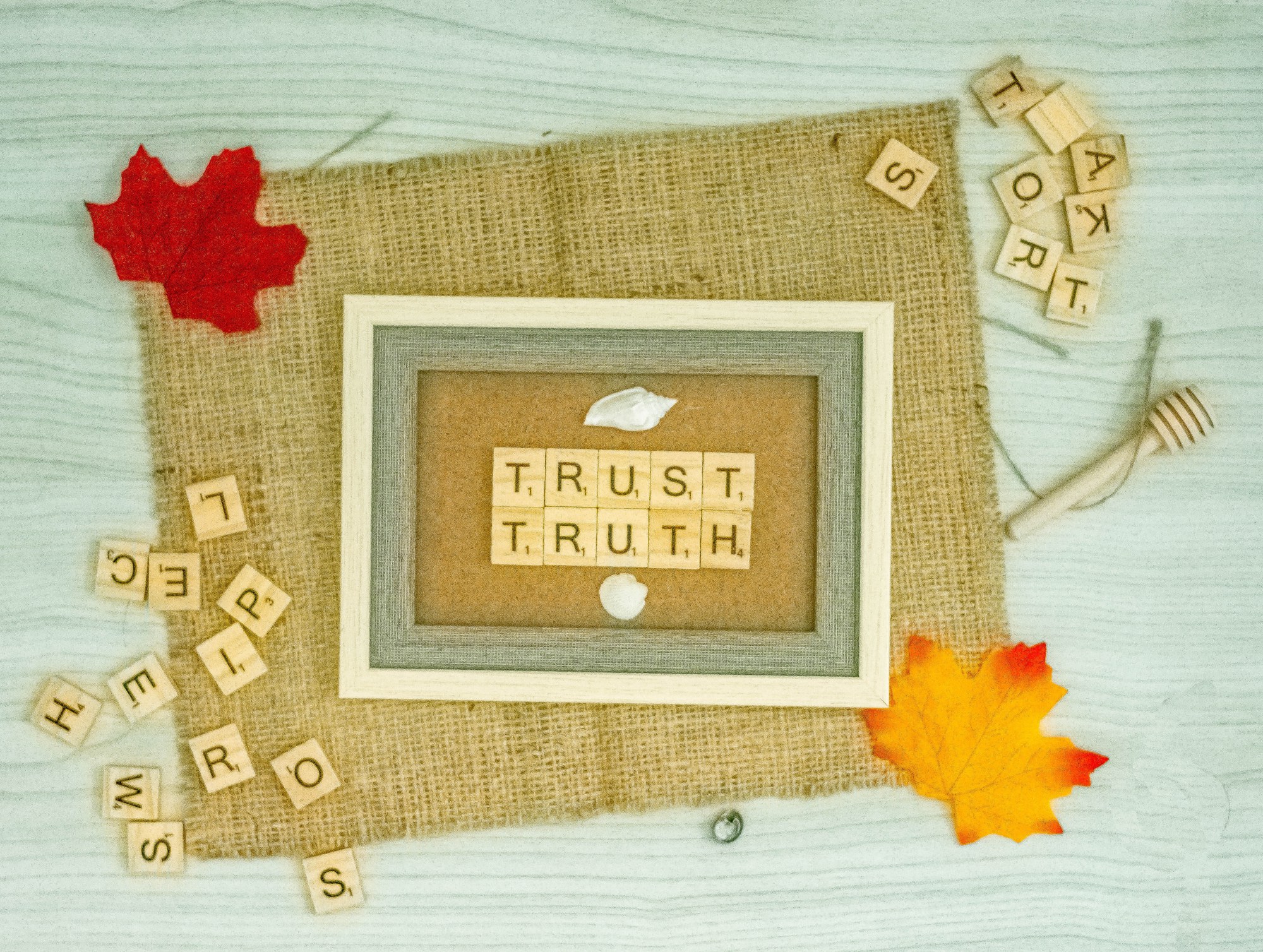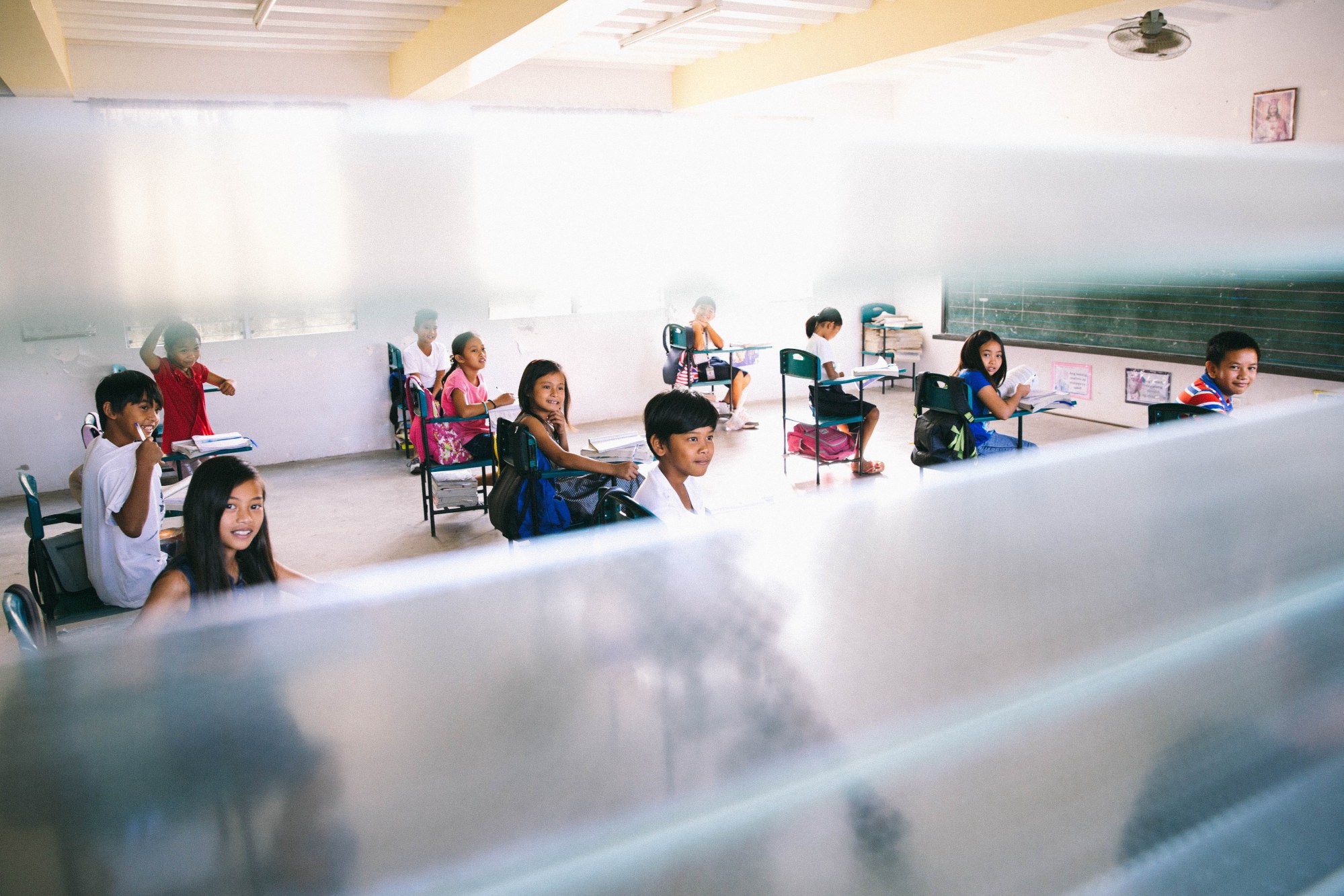With the advent of the internet and more recently, social media mania, there’s no shortage of advice out there when it comes to how people should or shouldn’t raise kids or how to just guide them through their younger years. In fact, it’s nearly impossible to scroll through one’s Facebook or Instagram feed and not be hit with tender memes offering all sorts of heartfelt “dos and don’ts.” So here’s a little no-nonsense advice that might be a little easier to grab hold of and make your own the next time you are in need.
1. Treat others how you want to be treated.
Forget the “do unto others…” wording and just tell them in plain language. Would you like to have your lunch stolen? Would you like to be picked on? Would you like to be excluded from a game of neighborhood kickball?

2.Tell the truth.
For one, the consequence for the deed is almost never as bad as a kid thinks it will be. But I’d even go one step further than “the punishment for lying about something you’ve done wrong is always worse.” In fact, if this list were hanging on a wall, you could just say “See #1 above.” Nobody likes to be lied to. Have trust in the truth.
3. When someone is talking to you, look them in the eye, and vice-versa.
Translation: Put your phone down if your mouth is moving and also when someone else’s mouth is moving in your general direction. This was the rule in our household. It’s a matter of respect. Also, see # 1 above.
4. Everyone has a right to be wrong.
What a concept. Another form of this is, “Don’t show up to every argument you are invited to.” Pick and choose disagreements carefully. Know the difference between facts (which can be proven right or wrong) and feelings (which cannot be argued). And by the way, the other person might not be wrong! It might be you!

5. Learn to read a room.
What is the big picture telling you, and what are the details showing you? Are the guests at an event being rowdy or reserved? When discussing something controversial with a person in a small group, glance around to those within earshot; what are facial expressions telling you? Know when to back away slowly from a conversation or topic.
6. Thoughts, feelings, actions, in that order.
This is a biggy, but one many people don’t understand, well into adulthood. If you are constantly dwelling in negative or defeatist thinking, thoughts such as, “I’m not good enough,” then the likely associated feelings (emotions) will follow: a poor attitude, fear, depression, anxiety, etc. Then, the action: giving up on goals, flaking out on friends, not pursuing dreams, etc.
Buddha said, “What you think, you become.” The good news is that humans can interrupt that natural order of things by developing self-awareness: Anyone (even kids) can learn to become more aware of their thoughts by observing them objectively, which provides the space needed to change those thoughts, and consequently, the emotions that follow.

So if a kid tells himself in the middle of the night that he is going to absolutely bomb tomorrow’s presentation about Mickey Mantle in English class, he can learn to recognize that kind of thinking as it’s happening, and course-correct: “Hey, that’s not actually true. I am prepared and ready. I have notecards and I’ve read his biography and know his stats.” Enter, confidence. When tomorrow rolls around, that same kid is likely to stride up to the podium instead of shuffling. A great resource for kids that illustrates this concept is linked below.
The list of things that qualify as “essential” and therefore, worthy of teaching your kids is virtually endless. But these seven life lessons, offered in age-appropriate ways, will likely be beneficial to any child.




